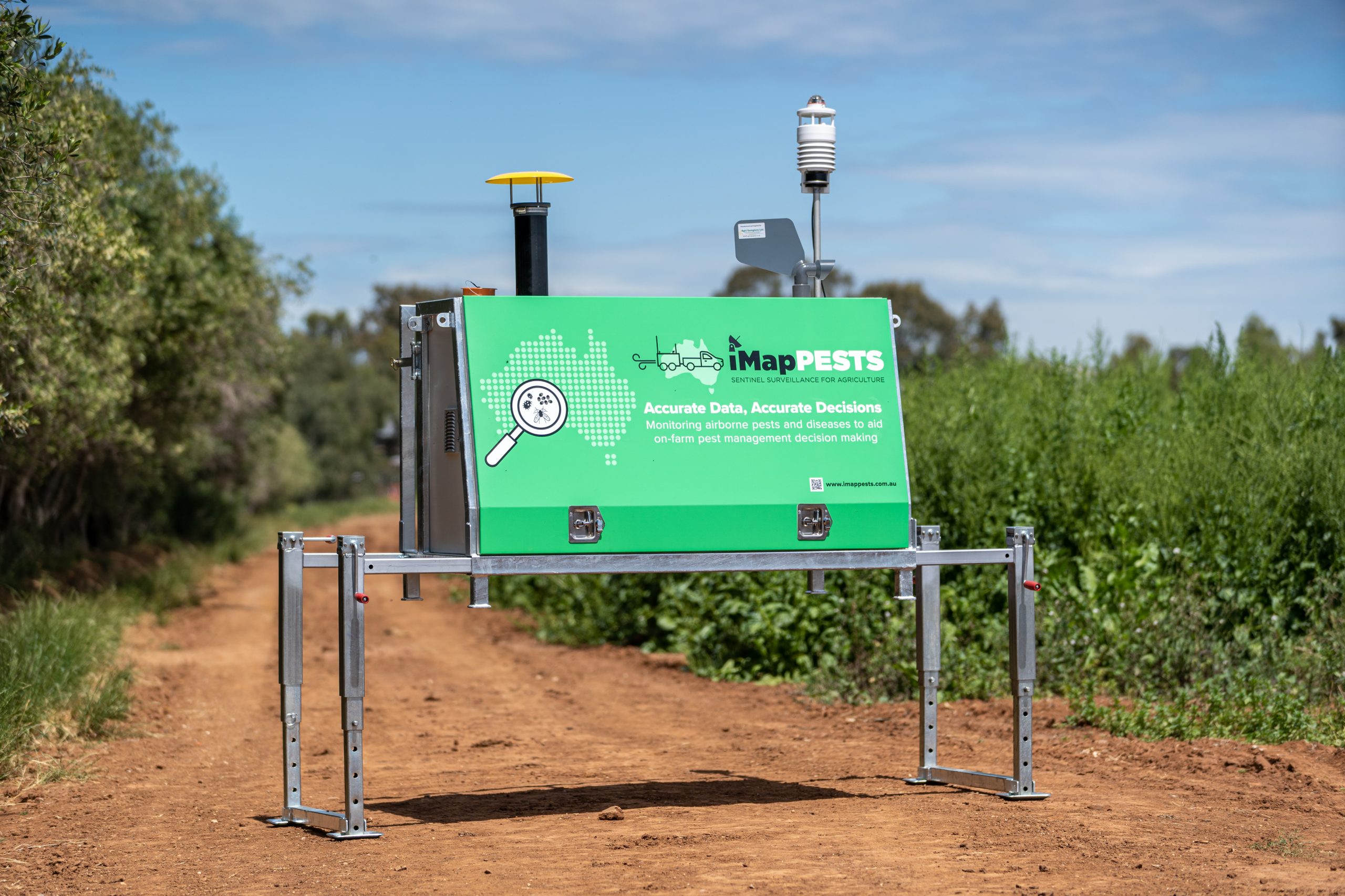
High-tech plant pest and disease surveillance units deployed
22 February 2021
Young growers bring a fresh focus to veg production in WA
22 February 2021Results from consecutive Australian Health Surveys show children are not consuming enough vegetables, with only six per cent of children aged 2-17 years of age eating the recommended amount. A multi‑million-dollar project is helping to address this significant underconsumption of vegetables by Australian children, with recent research looking at infancy stages. Vegetables Australia reports.
Tools and interventions for increasing children’s vegetable knowledge – VegKIT (VG16064) is a strategic levy investment under the Hort Innovation Vegetable Fund. The $4 million, five‑year national VegKIT project brings together science and industry with CSIRO, Flinders University and Nutrition Australia working together to deliver an integrated approach to improving children’s vegetable intake by engaging with government, industry and the places where children learn and eat.
The objective of the project is to deliver an integrated program of research and development activities with the ultimate aim of increasing vegetable intake by more than half a serving per day for every child. With that goal in mind, there is potential to increase demand for vegetable produce by 19,000 tonnes per year if every child (aged from two to six) increased intake by half a serving or more per day. By fostering an enjoyment of vegetables in children, they will become the vegetable purchasers of the future.
Vegetable feeding strategies
The VegKIT team has been undertaking a focus project that is providing new advice to improve young children’s liking of vegetables. Leading this specific project is Professor Rebecca Golley from Flinders University Caring Future Institute, along with a team of nutrition and sensory researchers.
Using a robust scientific approach, VegKIT researchers reviewed current science to better understand the most effective strategies that influence children’s liking of vegetables.
An in-depth review of current vegetable feeding dietary advice was also conducted to identify opportunities to strengthen with practical vegetable feeding strategies. It was concluded that current guidelines provide information about what to eat, but lack evidence-based advice about how to foster enjoyment of vegetables.
VegKIT established an international group of experts across maternal and child health and development, psychology, sensory science, education and nutrition to advise on and prioritise the most effective strategies.
“We are collaborating with industry and researchers to incorporate relevant strategies into product development, industry insights and future research initiatives,” Professor Golley explained.
“We are presenting the new advice statements to the national Vegetable Intake Strategic Alliance (VISA), a cross‑sector collaborative working group, and are looking at ways to engage with manufacturers through a workshop set to be held at Hort Connections 2021.”
Additionally, the VegKIT team has been working with Maternal, Child and Family Health Nurses Australia (MCaFHNA) Inc to help communicate the evidence-based practical feeding advice to carers and families of young children.
“We are also talking with those involved in policy and guideline advice development, including federal and state governments, to highlight this new research which is relevant to infant and childhood feeding advice guidelines,” Professor Golley added.
Importance of early years
Research has identified that acceptance of vegetables is a key factor associated with children’s low intake. This has led to the VegKIT team heavily focusing on infant feeding.
“Studies have also found the first years of life are critical in developing food preferences, with habits, likes and dislikes established early,” Professor Golley said.
“It is crucial that the behaviour of exploring, enjoying eating vegetables is fostered in young children to support healthy growth, development and lifelong dietary habits. Good eating habits can extend through adolescence and into adulthood.”
Main messages for parents and wider vegetable industry
As a result of its recent focus project, the VegKIT team has developed the below statements. This advice is valuable to growers and manufacturers for consideration in the development of new vegetable products, and provides a new evidence that can be incorporated into public marketing strategies.
Feeding advice for parents
- Variety: Help children learn to like and eat vegetables by offering a variety of vegetables everyday as part of snacks and main meals
- Repeated exposure: For young children it can take time to learn to like a new food, including vegetables. Keep offering vegetables, even if rejected. It may take 10 or more times before a new vegetable is liked.
Advice for industry
- Variety: Help children learn to like and eat vegetables by offering a variety of vegetables everyday as part of snacks and main meals.
- Offer vegetables first before fruits: When starting your baby on solid foods, offer them vegetables alongside iron-rich foods to help them learn to like and eat vegetables.
- Enable children to taste vegetable flavours: Adding fat, oil or fruit juice concentrates to vegetables does not help children learn to like or eat vegetables.
- Presentation: Offering vegetables to children at multiple meals and snacks each day in ways that are attractive and easy to eat, helps children eat more vegetables. Vegetables can be fresh, frozen or tinned.
Joining forces to address veg underconsumption
VegKIT has developed the Vegetable Intake Strategic Alliance (VISA), a cross-sector collaborative working group that includes a wide range of stakeholders representing the horticulture industry along with state and federal departments, nutrition and health agencies, research organisations, retailers, early learning and parenting organisations and various non‑government organisations.
The intended outcome of VISA is to facilitate and inform future development and implementation of evidence-based initiatives that create long-term and sustained increases in children’s vegetable consumption.
If readers are interested in joining the Vegetable Intake Strategic Alliance, they can find more information on the VegKIT website.
Find out more
The VegKIT website now contains a suite of practical, evidence-based resources for food industry, health professionals, school and day care centres. These can be found at vegkit.com.au.
This project has been funded by Hort Innovation using the vegetable research and development levy and contributions from the Australian Government.
Project Number: VG16064



